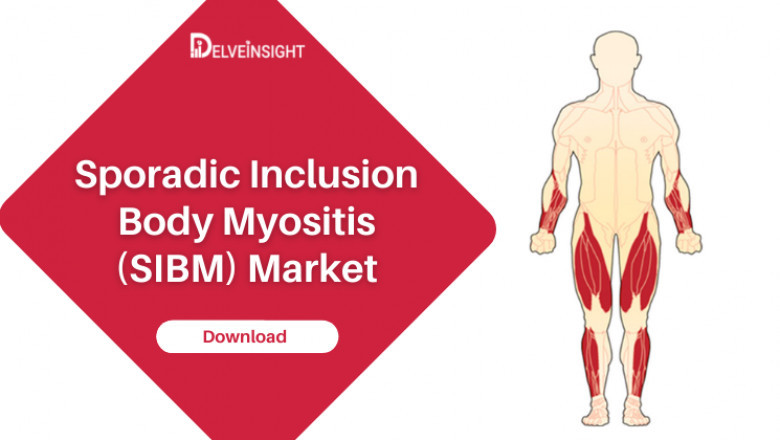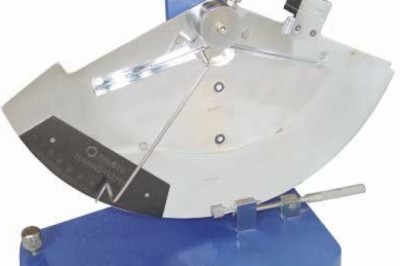views

Drugs in the clinical trials are expected to propel the growth of the IBM drugs market in the upcoming years. To redress the current issues, Novartis and Orphazyme are currently focused toward this indication to meet the needs of the current market.
The dynamics of Sporadic Inclusion Body Myositis market is anticipated to change in the coming years owing to the improvement in the, rise in number of healthcare spending across the world. The launch of emerging therapies is expected during the forecast period of 2020–2030. The pipeline of Sporadic Inclusion Body Myositis (sIBM) is not very robust. Few developmental activities are being made by the key players such as Novartis and Orphazyme with their drugs BYM338 (bimagrumab), and Arimoclomol are in Phase II/III and Phase III respectively.
Bimagrumab (BYM338) is a novel fully human monoclonal antibody which targets the activin type II receptor (ActRII) A and ActRIIB, preventing binding to their natural ligands which negatively regulate muscle growth, including myostatin, growth and development factor 11, and activin.
The phase II/III study for the product did not reach the primary endpoint. Another promising agent, Arimoclomol is being developed by Orphazyme. The potential candidate is an investigational drug candidate that amplifies the production of heat–shock proteins (HSPs). HSPs can rescue defective misfolded proteins, clear protein aggregates, and improve the function of lysosomes.
The drug is administered orally, crosses the blood brain barrier. Activation of HSF1 starts the production of the major stress-inducible HSP70-chaperone along with other HSP-chaperones, which help reshape the cells’ misfolded proteins and take care of the recycling systems. The company planned a 20-month trial with a 12-month interim analysis in H1 2020 followed by final study results in H1 2021. The company has also obtained Orphan Drug Designation for arimoclomol in sIBM from both the FDA and EMA.
Kv1.3 Therapeutics is evaluating Dalazatide for Inclusion Body Myositis (IBM). It is a Kv1.3 inhibitor of Kv1.3 potassium channels for systemic disease. A phase II ready dalazatide development program is ocused on providing a breakthrough treatment first for IBM and then followed by other rare and autoimmune diseases.
The pipeline for Sporadic Inclusion Body Myositis (sIBM) brings slight positive ray of hope for a better treatment pattern in the market in the upcoming years with emergence of new therapies in the market. The current scenario also anticipates a positive shift in the market for a study period of 2020–2030.
Read More – Sporadic Inclusion Body Myositis Market Companies












Comments
0 comment